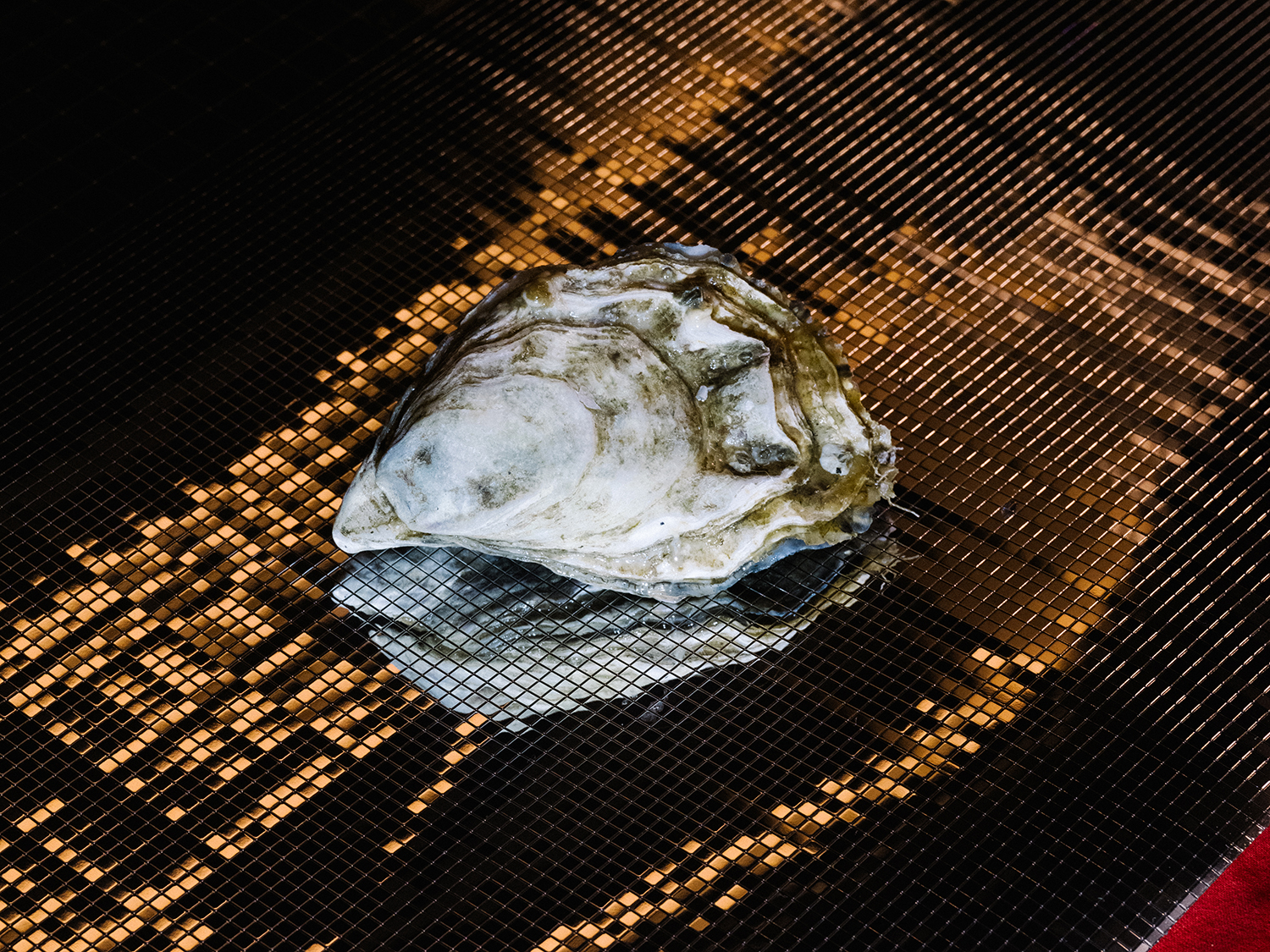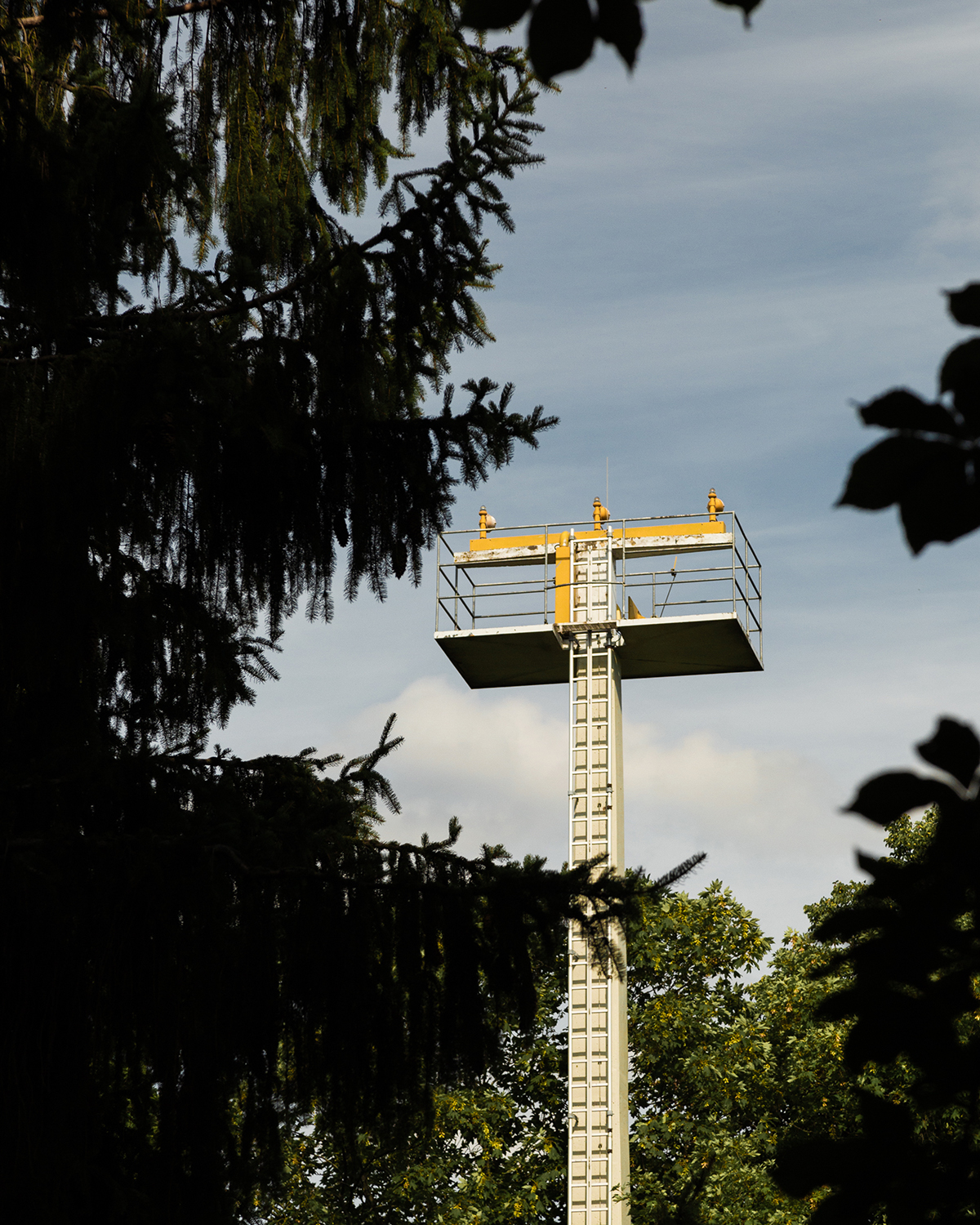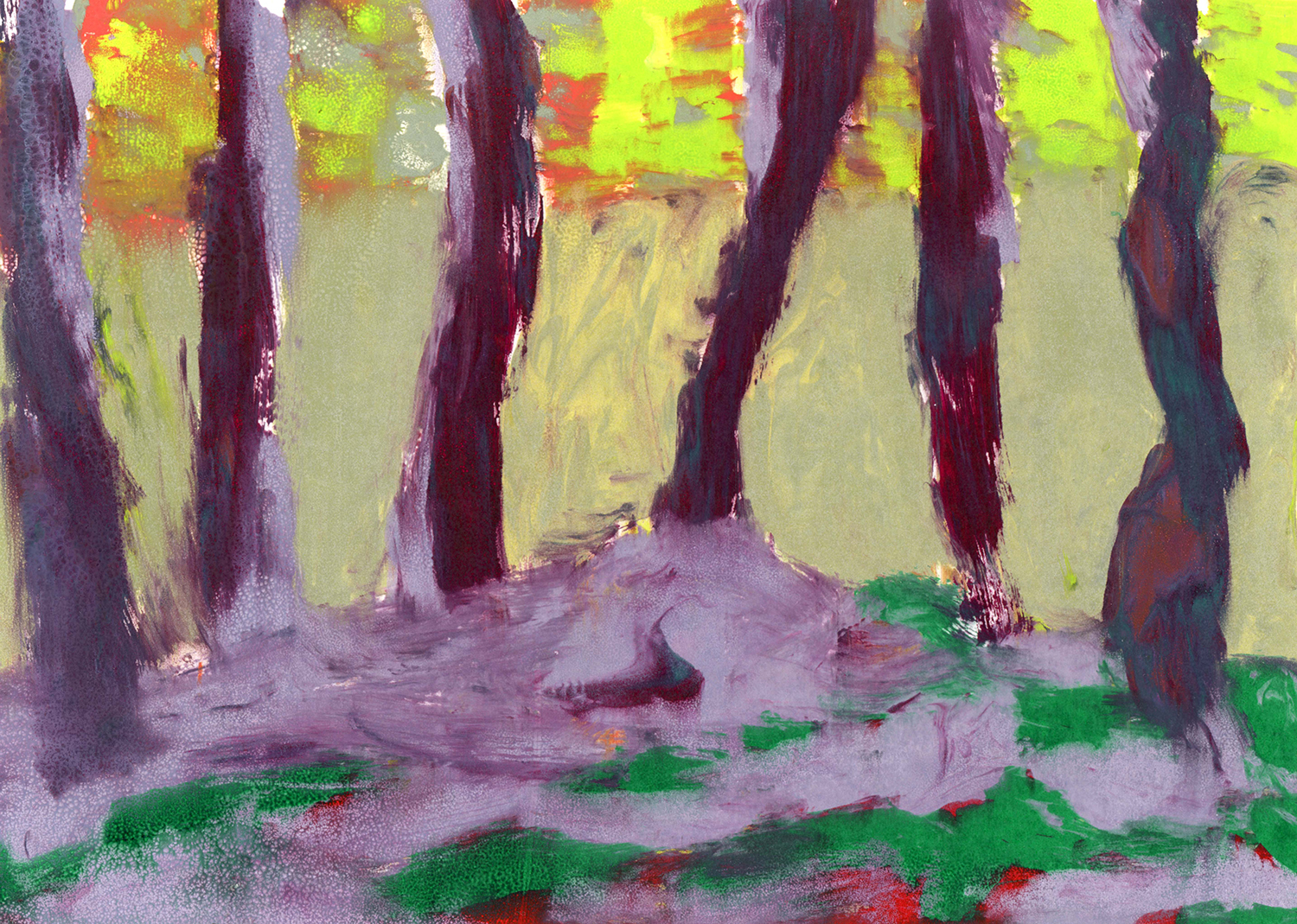|
|
|
|
|
|
End of a Long Year,
Start of Something New
|

|
|
|
|
Normally, we wait until January for new beginnings. But the Diasporist is sneaking in at the end of a very long year to share our project with you.
|
In our starting lineup, Millay Hyatt writes about her childhood as the daughter of evangelical missionaries conducting clandestine missions in the GDR. Ghayath Almadhoun shares two poems exploring the pain and absurdity in exile, grief, war, and longing. Ben Mauk talks to Sarah Schulman about the lessons AIDS activism can have for contemporary solidarity movements. Emily Dische-Becker reflects on the interplay between austerity and censorship, and strategies for survival under authoritarianism. Julia Bosson discusses the nature and purpose of a diasporic magazine. And Maria Wollburg considers the complicated histories of pleasure and violence inside the oyster.
|
|
We'll be continuing to publish new work in the new year on our website, designed by the team at Onck-West. If you’d like to support our project, we invite you to contribute to our magazine through donating to our parent organization, Diaspora Alliance.
|
|
|
|
|
|
Emily Dische-Becker on the defunding of Berlin's Culture Sector
|
|

|
|
|
|
|
"The normalization of that kind of violence, the impunity of flouting institutions of international law, the temporality of the crime: we are being primed to accept that there is nothing we can do to stop this. It doesn't matter if we go to the streets, it doesn't matter if public opinion is vastly in favor of halting weapons to Israel: all these things have no apparent impact on actual policy."
|
|
|
|
|
|
Two poems by the Syrian-Palestinian-Swedish writer Ghayath Almadhoun
|
|

|
|
|
|
|
"The war is over, and the dead have returned to their families safe and sound, the martyrs have returned to their mothers in one piece, mothers have returned to their houses, houses, streets, mosques, eyes, legs have returned to their owners, fingers have returned to hands, rings to fingers, schools to children, washing lines to balconies, lovers to rooftops, my brother has returned to my mother, and I have returned to Damascus."
|
|
|
|
|
|
Facing Ourselves
Sarah Schulman discusses what Palestinian solidarity movements can learn from the history of AIDS activism
|
|
|
|
|
"But in the end, if you had an idea and I thought it was terrible, I wouldn’t try to stop you. I just wouldn’t do it. Instead, I would go get my five people to do my idea. This kind of radical democracy structure allows a movement to have lots of different actions coming from lots of different constituencies all happening at the same time. And that’s what creates the paradigm shift."
|
|
|
|
|
|
|
If you like the Diasporist, please consider supporting us by making a donation. Your contribution allows us to tell stories you won’t find anywhere else.
|
|
|
|
|
|
Follow us on social media:
|
|
|
|
|
|
|
|
|
|
|
|